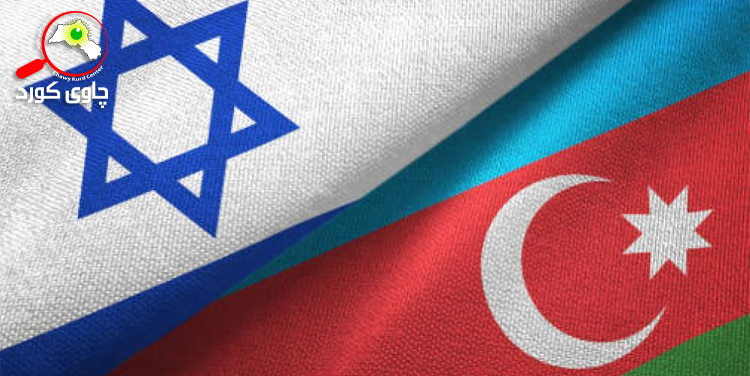Historical Background
When we look at the historical roots of diplomatic relations between Azerbaijan and Israel, it turns out that it dates back thirty-one years ago. Israel recognized the independence of the Republic of Azerbaijan on December 25, 1991, and on April 7, 1992, diplomatic relations between the two countries was established.
Although Israel opened an embassy in Baku in 1993, Azerbaijan preferred to maintain relations with Israel through alternative methods. Relations between the two states continued within the framework of a policy of balance, both economically and politically. Azerbaijan provides 40 percent of Israel’s imported fuel needs, and Israel sells weapons to Azerbaijan. Various initiatives have been taken to improve cooperation in the defense industry. For example; in 2011, Israel Defense Aeronautics opened a factory in Azerbaijan to produce unmanned aerial vehicles. In order to deepen both trade and tourism activities, Azerbaijan opened a trade representative office in Tel Aviv in July 2021 and a tourism office in March 2022.
In November 2022, Azerbaijan decided to open an embassy in Israel. On this decision, the Israeli Prime Minister Lapid said: “I welcome the decision of the National Assembly of Azerbaijan to open an embassy in Israel. Azerbaijan is an important partner of Israel and one of the largest Jewish communities in the Muslim world. The decision to open an embassy reflects the depth of relations between our countries. I thank President Ilham Aliyev and the Azerbaijani people for being represented in Israel for the first time,” he said. “This will be the first embassy in Israel with a Shiite majority and a Shiite government,” the Foreign Ministry said in a statement.
“Iran as an influential factor in Baku-Al Aviv relations”
Azerbaijan-Israel relations are related to the geopolitics and regional dilemma of the South Caucasus, for this reason regional problems need to be resolved. World War II ended with the victory of Azerbaijan. After the Nagorno-Karabakh conflict, Armenia did not accept defeat and escalated the conflict in the region by violating the ceasefire agreement signed on November 10. The Armenian government’s policies towards Nagorno-Karabakh have become a security problem for the South Caucasus. The security stabilization of the South Caucasus is important for many states from China to Europe, especially the countries in the region, because it is a transit route. For this reason, regional problems are becoming a global issue.
The South Caucasus region has geopolitical importance such as being on the route of the Belt and Road initiatives, ensuring Turkey’s global incorporation, and being a bridge to transport oil and natural gas extracted from the Caspian Basin to Europe. There are two important transit routes in the region: Baku-Tbilisi-Ankara and Moscow-Yerevan-Tehran. Located in the center of these transit points, the Zangizur Corridor connects Iran from the Black Sea to both Europe and Russia. Because of the importance of this route, Iran maintains close diplomatic relations with Armenia. In this context, Iran’s stance on the Nagorno-Karabakh issue reflects its regional policies and is decisive in its diplomatic relations with Azerbaijan and Armenia.
The development and rising of diplomatic relations between Azerbaijan and Israel to a high level is very important to secure a balance in the regional dilemma in the South Caucasus. Despite Iran’s policies towards Armenia, the diplomatic initiatives between Israel and Azerbaijan are a very strategic step.





























































